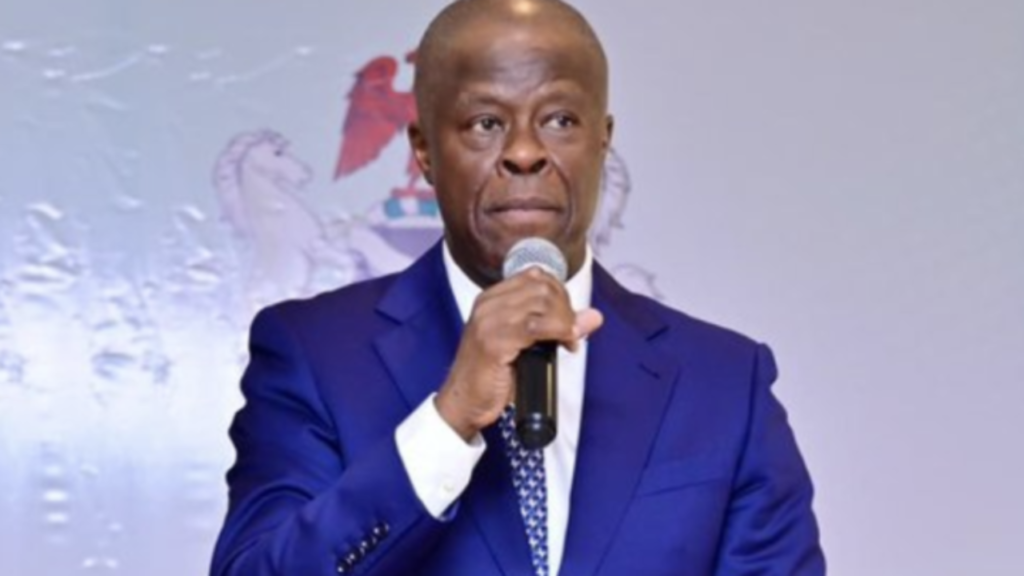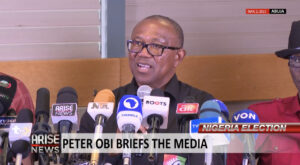Ways and Means, the economic term used to describe the federal government borrowing from the central bank to meet short-term needs, will be discarded by the Bola Ahmed Tinubu’s government, says Finance Minister, Wale Edun.
Ways and Means became popular with the Muhammadu Buhari’s government, which experts blamed on the runaway inflation currently plaguing the Nigerian economy as it makes available too much money in the system in contrast to productive goods and services.
Nigeria, which has borrowed at least $33 billion from the central bank, will stop using the widely criticized practice to fund its budget deficit, Finance Minister Wale Edun said, according to Bloomberg report.
“We are bringing order to government borrowing,” Edun told reporters during the signing of the 2024 budget in Abuja, the nation’s capital.
One of President Bola Tinubu’s early moves after taking office in May was to dismiss Godwin Emefiele, the head of the central bank, who for years had presided over so-called Ways and Means advances to fill Nigeria’s revenue gap, bloating its debts in the process.
“Ways and Means is being eliminated by taking the funding that is required from the market, as opposed to from the printing of money by central bank,” Edun said.
Tinubu, who unleashed a series of economic reforms that were welcomed by international investors but blamed at home for a cost-of-living crisis, also ordered an investigation into the central bank under then-Governor Godwin Emefiele, who has since been arrested on charges including fraud.
The World Bank criticized central bank financing for the nation’s accelerating inflation, which rose to 28.2% in November, an 18-year high.
The practice exploded under then-President Muhammadu Buhari, who was elected in 2015, swelling the cost of the country’s borrowing to more than 90% of its revenues last year.
To try and get that under control, lawmakers agreed last year to convert 22.7 trillion naira ($25.4 billion) of the central bank loans into a 40-year bond at an interest-rate of 9%.
They did so again on Dec. 31, approving Tinubu’s request to convert 7.5 trillion naira of the overdraft into longer-dated bonds. The government did not disclose when this new new financing was taken from the central bank. It lifts the West African nation’s total public debt to nearly 100 trillion naira.
Edun voiced confidence that steps to boost government revenue would mean less reliance on borrowing.
Tinubu signed a N28.8 trillion budget into law on Monday. The spending plan, which is 1.3 trillion naira more than the one he previously proposed to lawmakers, assumes a budget deficit of 9.8 trillion naira, or 3.8% of GDP this year. It will be mainly funded by borrowing from the local debt market and from multi-lateral lenders.
International capital markets have been effectively closed to African borrowers since the Covid pandemic and subsequent rise in global interest rates, which made borrowing prohibitively expensive. Nigeria’s 2051 bond opened the year with a yield of 10.27%.
“We are very optimistic that not only will this budget be funded adequately, but it will be funded on a timely basis as well,” Edun said.










More Stories
HEDA sues FG, oil majors over alleged Illegal oil licence transfer
NNPC announces shutdown of Port Harcourt refinery
FG says Emefiele’s 753 seized duplexes will be sold to Nigerians